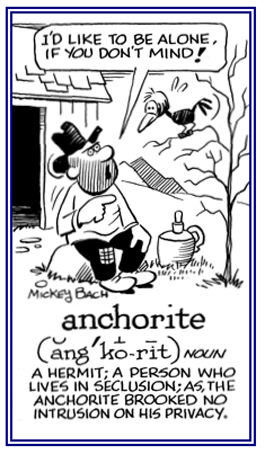ana-, an-, ano-, am-
(Greek: up, upward; back, backward, against; again, anew; used as a prefix)
1. The profession in science dealing with morphology which is concerned with the gross and microscopic structure of animals, especially humans.
2. The study of form, or the branch of science that studies the physical structure of animals, plants, and other organisms.
3. The physical structure; especially, the internal structure, of an animal, plant, or other organism, or of any of its parts.
2. The study of form, or the branch of science that studies the physical structure of animals, plants, and other organisms.
3. The physical structure; especially, the internal structure, of an animal, plant, or other organism, or of any of its parts.
Gross anatomy involves structures that can be seen with the naked eye. It is the opposite of "microscopic anatomy" (or histology) which involves structures seen under the microscope.
Traditionally, both gross and microscopic anatomy have been studied in the first year of medical school in the U.S. The most celebrated textbook of anatomy in the English-speaking world is Gray's Anatomy, still a useful reference book.
The word anatomy comes from the Greek ana-, "up" or "through" + tome, "a cutting". Anatomy was once a "cutting up" because the structure of the body was originally learned through dissecting it; that is, cutting it up.
anatripsis
The use of friction as a treatment modality for a medical condition.
Anatripsis may or may not also involve the application of a medicament.
A person who lives in isolation, in retirement from society, or in a sanctuary; especially, for religious reasons: There was a dedicated anchorite who lived in seclusion in a consecrated dwelling on the grounds of a monastery.

© ALL rights are reserved.

© ALL rights are reserved.
Go to this Word A Day Revisited Index


Go to this Word A Day Revisited Index
for a list of additional Mickey Bach illustrations.
anhelation
1. Shortness and rapidity of breathing, panting.
2. Difficult respiration, dyspnea.
2. Difficult respiration, dyspnea.
anhelous
Short-breathed; panting.

